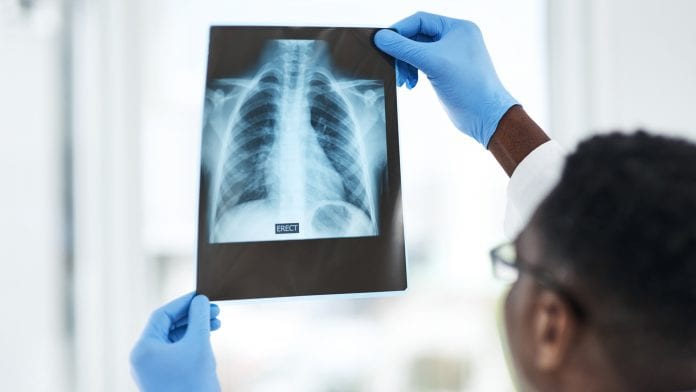
The World Health Organization (WHO) has said that the COVID-19 pandemic highlights the urgent need to reboot global efforts to bring an end to tuberculosis (TB).
The WHO fears that over half a million more people may have died from TB in 2020 because they were unable to obtain a diagnosis. Data from over 80 countries compiled by the WHO shows that an estimated 1.4 million fewer people received care for the disease in 2020 than in 2019 – a reduction of 21%.
Bringing an end to TB
The WHO has highlighted that building up health systems so everyone can get the services they need is key, as many people who have TB are unable to access the care they need. Some countries have already taken steps to mitigate the impact of COVID-19 on service delivery, by strengthening infection control and expanding use of digital technologies to provide remote advice and support, as well as providing home-based TB prevention and care.
Dr Tedros Adhanom Ghebreyesus, WHO Director-General, said: “The effects of COVID-19 go far beyond the death and disease caused by the virus itself. The disruption to essential services for people with TB is just one tragic example of the ways the pandemic is disproportionately affecting some of the world’s poorest people, who were already at higher risk for TB.
“These sobering data point to the need for countries to make universal health coverage a key priority as they respond to and recover from the pandemic, to ensure access to essential services for TB and all diseases.”
Before the pandemic began, the gap between the estimated number of people developing TB each year and the annual number of people officially reported as diagnosed with TB was around three million, and the countries with the biggest gaps in care are Indonesia (42%), South Africa (41%), the Philippines (37%), and India (25%).
New guidance
The WHO aims to address this care gap and has issued new guidance to help countries identify the specific needs of communities, the populations at highest risk of TB, and the locations most affected through the systematic use of screening approaches that employ novel tools.
These tools include molecular rapid diagnostic tests, computer-aided detection to interpret chest radiography, and a wider range of approaches for screening people living with HIV or TB. The recommendations are accompanied by an operational guide to facilitate roll-out.
“For centuries, people with TB have been among the most marginalised and vulnerable. COVID-19 has intensified the disparities in living conditions and ability to access services both within and between countries,” says Dr Tereza Kasaeva, Director of WHO’s Global TB Programme. “We must now make a renewed effort to work together to ensure that TB programmes are strong enough to deliver during any future emergency – and look for innovative ways to do this.”









